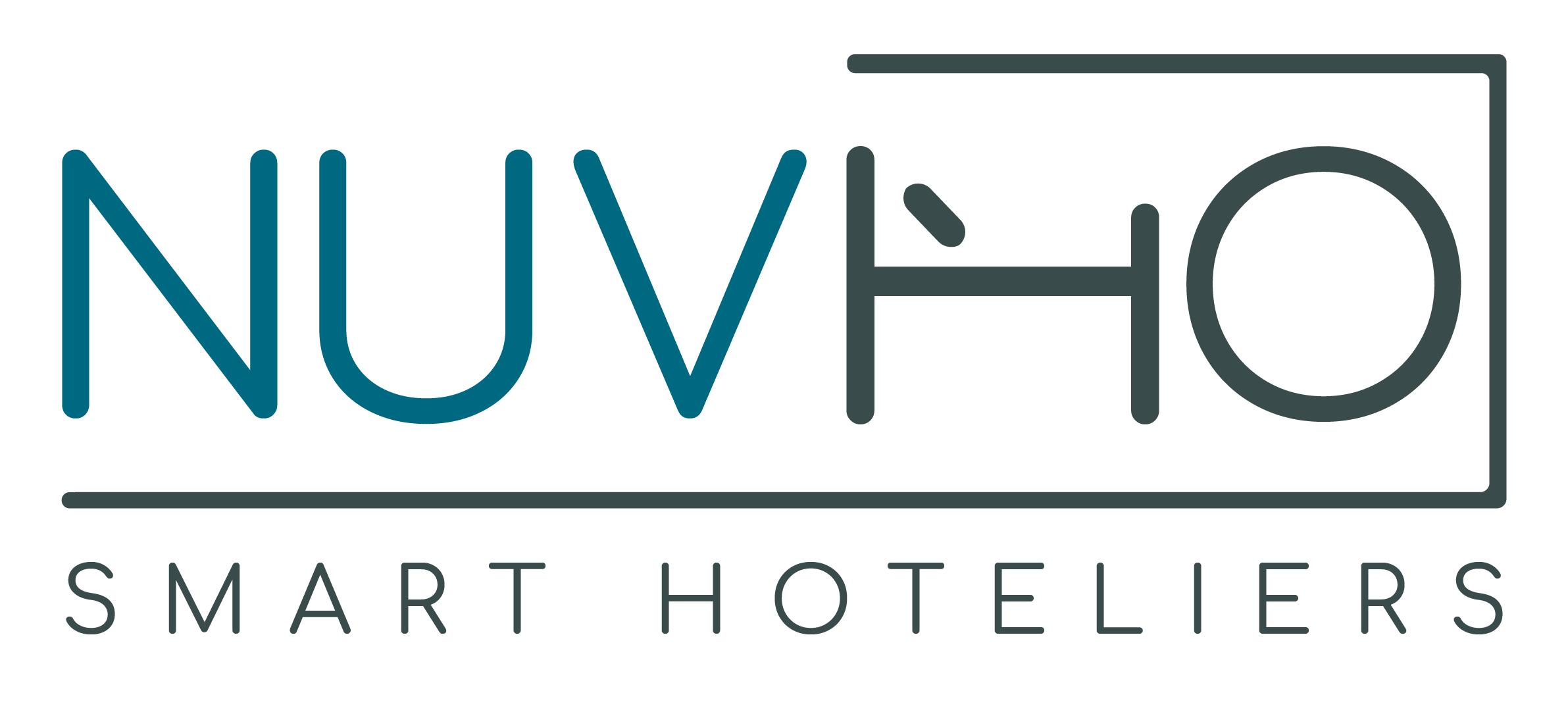Fundamentals of Hotel Website Design
We have all heard the spiel of good website design and more often than not includes phrases such as clean design, clear messaging, ease of navigation, search engine optimisation, mobile responsiveness etc. These phrases are now commonplace and represent minimum expectations of service delivery; however, there are a range of distinguishing factors within hotel website design that form key design fundamentals. First, let’s take a step back and gain a little insight into the consumer journey for hotels.
The Guest Path to Booking
With the exception of dedicated repeat guests and loyal customers, the vast majority of consumers that stay at a hotel property do not search on Google with terms such as ‘hotels in Sydney’ or your local town. Consumer sophistication has evolved over the years as utilisation of preferred online travel agents is well-established; therefore, the majority of hotel search journeys commences on online travel agencies.
A shortlist of potential properties is selected at online travel agency level as choice, price and hotel information is generally well-presented with comparable features. A majority of consumers do venture outside of the initial online travel agency environment at this point. Generally, the purpose of this deviation is to check on price as well as to ascertain further room-specific information. This deviation may include other online-travel agents and meta channels and most certainly will include the direct website. This is the point at which an opportunity is presented to hotels to hijack the booking.
The Direct Website Deviation
Having left the online travel agency environment with a shortlist of properties, perhaps just one, the consumer is now on a mission to execute the booking. Cognisant of this motivation, there are a range of design fundamental that should be applied to a hotel website:
• Ease of Access to the Reservation Process – Commencing the reservation process generally starts with a ‘Book Now’ button and/or access to a booking engine mask with check-in/check-out and number of guest options. Too many booking engines and websites do not include the latter option of a booking engine mask. This should be present, located front and centre when consumers land on your homepage with an efficient design. In an ideal world, when landing on the home page an option to ‘Book Now’ ‘Call Now’ and present search options through a booking engine mask should be present.
• Booking-Engine, Booking-Engine, Booking-Engine – It cannot be iterated enough the relevance of a booking engine with high conversion rates. Consider the consumer that has ventured to the direct website and enters the reservation flow immediately; having garnered all necessary site and room information from an online travel agent. With the most beautiful website in place, this can be undone by a mundane booking engine. While hoteliers can exercise control over the design of the website, this control is generally not present at booking engine level, which is arguably the most important facet of the website. Key features of a booking engine that contribute to higher conversion rates are automated online travel agency price matching/discounting, strong mobile optimisation, efficient reservation flow and ease of low-risk check-out.
• Supplementary Information – Let’s assume that the venture to the direct website is not purely price motivated but also information driven. Primarily this relates to room and property information. An opportunity to showcase exclusive imagery and descriptions that are not present in an online travel agency environment is presented. This has the effect of endearing the consumer to your particular channel and building more trust than with the online travel agency channels. Providing ease of access to the reservation from any location within the website is just common sense.
• Mimic Online Travel Agents – If you can’t beat, join them! Room and rate plans should mirror those presented in an online context. Typically, online travel agencies present the ‘best available rate’ as the initial option – i.e., the room without the bells and whistles. Structuring the booking engine in this manner such that the consumer is comparing apples with apples upon an initial search is simply good practice and maintains consumer interest. If the consumer is presented with an alternative for the same room type that is more expensive, that is a lost opportunity.
• Exclusive Offers – If the booking engine does not have the ability to price match/discount relative to online travel agencies, then structuring of offers that can be presented as a closed-user-groups with ease of sign-up is present. These offers have got to represent a clear alternative to online-travel agency searches up-front in order to convince the consumer to participate.
• Basic Security – Do not underestimate basic security in terms of SSL Certificates. Too many websites are classified as ‘Not Secure’ in the address bar. Equally, utilising a payment process with high security levels and ease of passage in a basic fundamental.
Good Hotel Website Design is not about Good Website Design
We have established a few key elements to fundamentals of good hotel website design. The major takeaway is that good hotel website design on its own is nowhere near enough to increase direct conversion. Good hotel website design incorporates key elements from the disciplines of hotel sales, marketing, revenue management and in particular, the selection of a high-conversion booking engine. Input from these elements, as well as a design approach are key fundamentals of best-in-class hotel website design.

